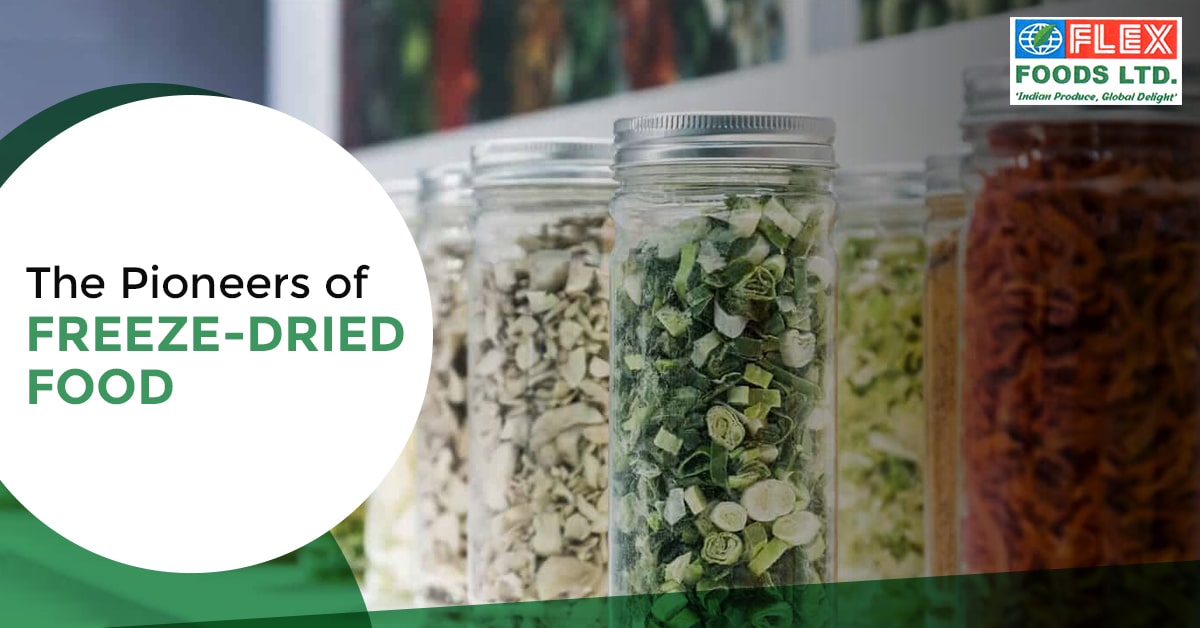In today's food industry, consumers are becoming increasingly conscious of the ingredients in their food and are demanding more natural, organic, and non-GMO options.
This shift in consumer behavior has led to a growing demand for organic and non-GMO ingredients in the B2B food processing industry. One ingredient that has seen a significant increase in demand is dehydrated parsley.
What is dehydrated parsley?
The dehydrated version of parsley is a versatile and convenient ingredient that can be used in a wide range of food products, from sauces and condiments to meat and poultry products. Its high nutritional value and distinct flavor make it a popular choice for food manufacturers looking to enhance the taste and health benefits of their products. Read more on the benefits of dehydrated parsley here.
One of the main benefits of the dehydrated version of parsley is that it can be produced organically and non-GMO. Organic farming practices exclude the use of synthetic fertilizers and pesticides, ensuring that the parsley is grown in a sustainable and environmentally friendly way. Non-GMO farming practices exclude the use of genetically modified seeds, ensuring that the parsley is grown without any genetic modification.
The organic and non-GMO certifications for the dehydrated version of parsley are becoming more and more important for food processing companies looking to meet the demand for natural and clean ingredients. These certifications can help companies differentiate their products in the market and appeal to conscious consumers who are willing to pay a premium for organic and non-GMO options.
However, producing organic and non-GMO dehydrated parsley can be a challenging task. Organic and non-GMO farming practices require a higher level of care and attention than conventional farming methods. Additionally, the process of dehydrating parsley also requires careful attention to ensure that the parsley retains its nutritional value and flavor.
Food processing companies that are looking to produce organic and non-GMO dehydrated parsley should partner with suppliers that have a proven track record of producing high-quality organic and non-GMO parsley. These suppliers should have the necessary certifications to ensure that the parsley meets the required standards.
In addition to partnering with reliable suppliers, food processing companies should also invest in the necessary equipment and technologies to use the dehydrated parsley method that preserves its flavor and nutritional value. This may include using low-heat dehydration methods or vacuum-sealed packaging to ensure the parsley retains its freshness and quality.
In short, the demand for organic and non-GMO ingredients in the food processing industry is on the rise, and dehydrated parsley is no exception.
Food processing companies that are looking to meet this demand should invest in high-quality organic and non-GMO parsley from reliable suppliers and use the appropriate technologies to dehydrate the parsley in a way that preserves its nutritional value and flavor.
By doing so, they can appeal to conscious consumers and differentiate their products in the market. Contact Flex Foods for premium quality dehydrated parsley.

